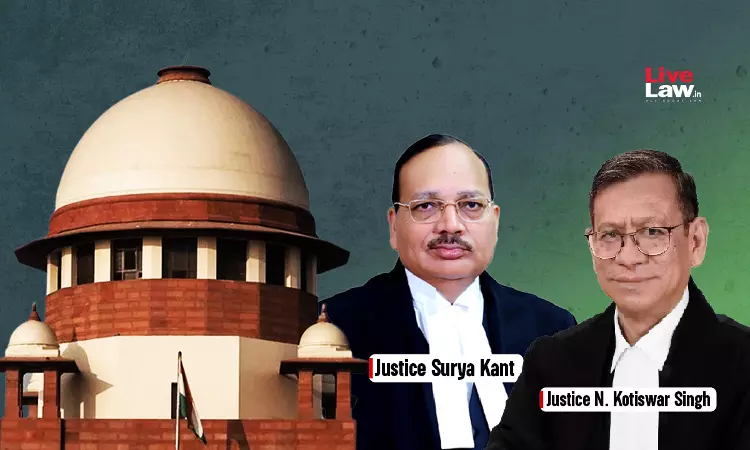While setting aside the expulsion of RJD MLC Sunil Kumar Singh from the Bihar Legislative Council for making derogatory remarks against Chief Minister Nitish Kumar, the Supreme Court emphasised that a punishment imposed on a Member of the Legislature for breach of privileges must be proportionate to the misconduct."There is no gainsaid that imposing a disproportionate punishment not...

